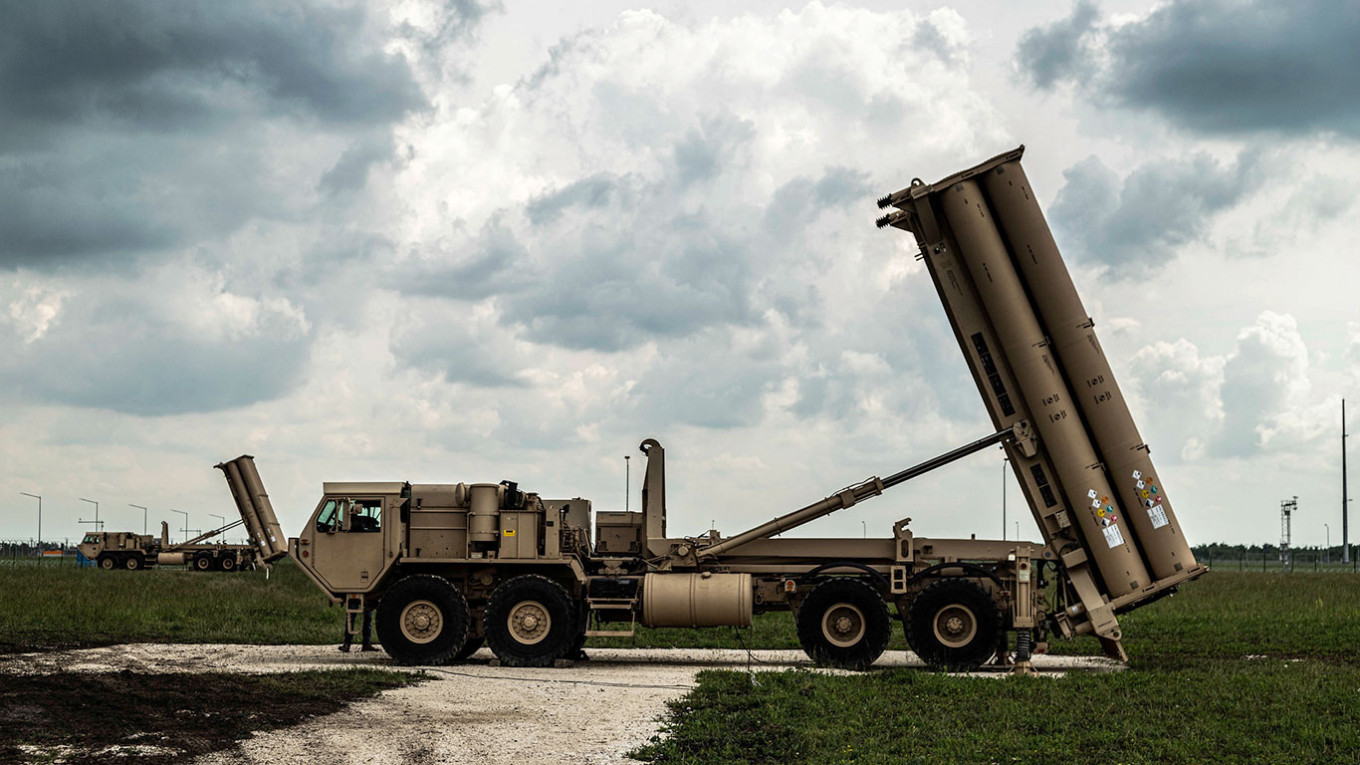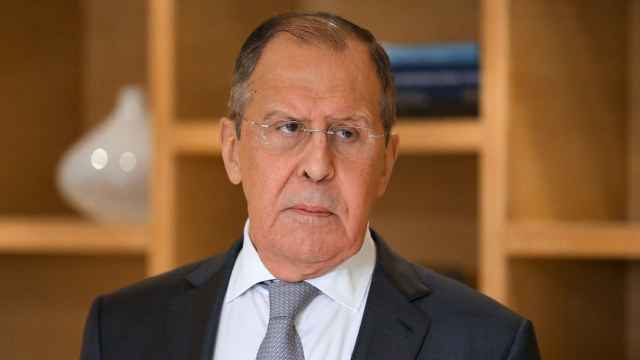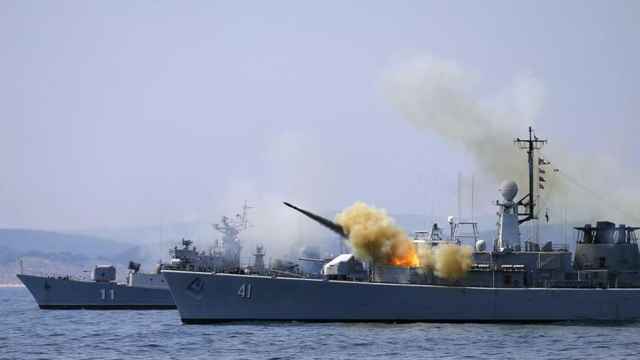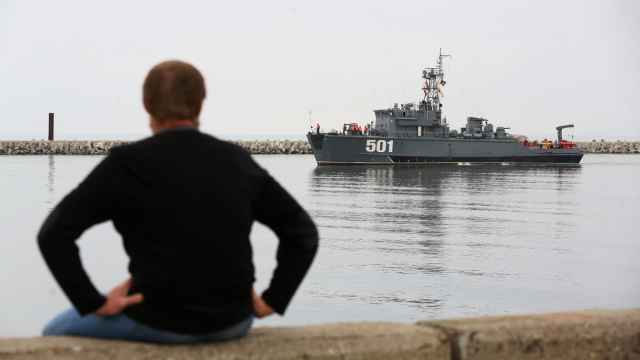The United States and NATO have offered to discuss disarmament and confidence-building measures with Russia in confidential written responses to Moscow’s security demands, Spain’s El Pais newspaper reported Wednesday, citing leaked copies of the documents it obtained.
The U.S. and NATO formally rejected Russia’s core demands to close the door to Ukraine’s membership in the Western military alliance and sign its proposed bilateral treaty on European security, the publication said. They urged Russia to de-escalate its military build-up near Ukrainian borders to begin dialogue.
Two sets of documents published on the El Pais website listed a series of security issues that the U.S. and NATO are willing to discuss with Russia. An unnamed Russian diplomatic source confirmed the text’s authenticity to the state-run RIA Novosti news agency.
El Pais said the main difference between the U.S. and NATO texts is in Washington’s willingness to discuss the principle of “indivisibility of security — and our respective interpretations of that concept.” Russia has cited the principle in its opposition to Ukraine’s aspirations to join NATO.
Citing unnamed “allied sources,” El Pais reported that Russia has asked the U.S. and NATO to “unify their responses” and force the military bloc to agree to discuss “indivisibility of security.”
Russian Foreign Minister Sergei Lavrov has stressed that European countries have reaffirmed in past summits their “obligation” not to strengthen their security “at the expense of” the security of other states.
"We believe it is necessary to immediately clarify this issue, as it will determine the prospects for future dialogue,” Lavrov said in a letter to U.S. and European diplomats published Tuesday.
According to El Pais, the U.S. and NATO’s proposed areas of negotiation with Russia include:
– “conditions-based reciprocal transparency measures” where Russia and the U.S. would agree not to deploy offensive ground-launched missile systems and troops in Ukraine.
– arms control for ground-based intermediate and shorter-range missiles and their launchers.
– arms control for U.S. and Russian nuclear weapons, including “non-strategic nuclear weapons.”
– a “transparency mechanism” to verify the absence of Tomahawk cruise missiles at NATO bases in Romania and Bulgaria, which Moscow fears could reach Russian territory. In return, the U.S. seeks reciprocal access to two ground-launched missile bases of its choosing within Russia.
Russian lawmaker Vladimir Dzhabarov called the leak of the U.S. and NATO responses “striking in its shamelessness and irresponsibility,” RIA Novosti reported Wednesday.
The Kremlin declined to comment on the texts published by El Pais and denied leaking them to the newspaper.
A Message from The Moscow Times:
Dear readers,
We are facing unprecedented challenges. Russia's Prosecutor General's Office has designated The Moscow Times as an "undesirable" organization, criminalizing our work and putting our staff at risk of prosecution. This follows our earlier unjust labeling as a "foreign agent."
These actions are direct attempts to silence independent journalism in Russia. The authorities claim our work "discredits the decisions of the Russian leadership." We see things differently: we strive to provide accurate, unbiased reporting on Russia.
We, the journalists of The Moscow Times, refuse to be silenced. But to continue our work, we need your help.
Your support, no matter how small, makes a world of difference. If you can, please support us monthly starting from just $2. It's quick to set up, and every contribution makes a significant impact.
By supporting The Moscow Times, you're defending open, independent journalism in the face of repression. Thank you for standing with us.
Remind me later.






